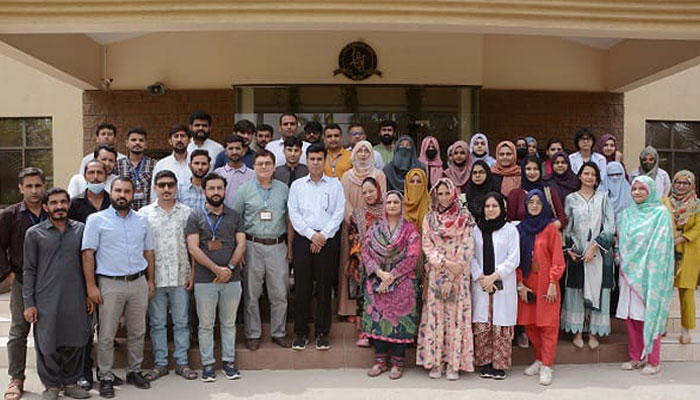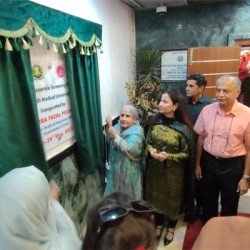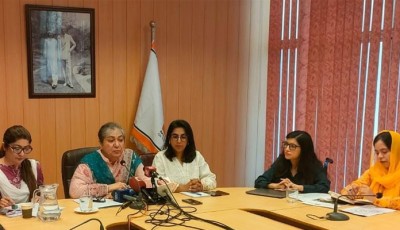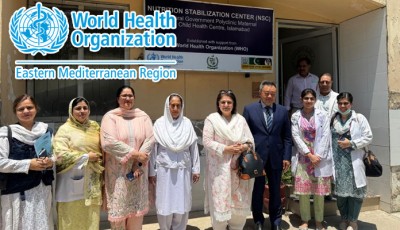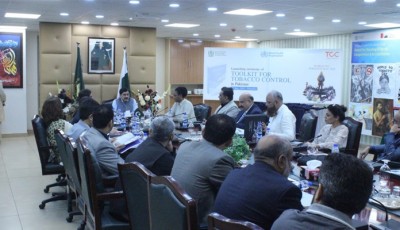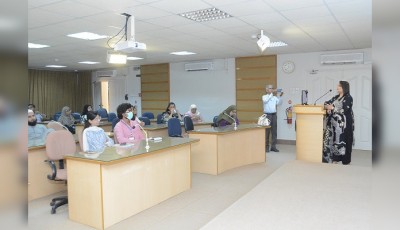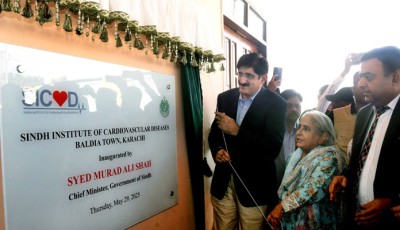KARACHI: Soldiers of the future could be shielded from gunfire through uniforms embedded with cutting-edge nanotechnology, experts revealed at a two-day workshop on Atomic Force Microscopy (AFM) held at the University of Karachi.
Speaking at the event, Prof. Dr. Muhammad Raza Shah, Director of the International Center for Chemical and Biological Sciences (ICCBS), highlighted the transformative role of nanotechnology in diverse fields, including healthcare, energy, agriculture, and defense.
“Nanotechnology is revolutionizing the world. In the near future, uniforms made with nanotech materials could protect soldiers from gunshots,” he said. “Its applications range from targeted drug delivery and early disease detection to nano-fertilizers and pest control in agriculture.”
The workshop titled “Uses and Applications of Atomic Force Microscopy (AFM)” was organized at the LEJ National Science Information Center, University of Karachi. It was a joint initiative of the Dr. Panjwani Center for Molecular Medicine and Drug Research (PCMD), Drug Regulatory Authority of Pakistan (DRAP), UNESCO Chair on Medicine and Bioorganic Natural Product Chemistry (UOK), and the Sindh Innovation, Research, and Education Network (SIREN).
Over 30 participants from leading institutions — including the University of Karachi, Dow University of Health Sciences, Jinnah Sindh Medical University, Federal Urdu University, NIBGE, National Institute of Virology, LEJ Nanotechnology Center, and the University of Nizwa (Oman) — attended the sessions.
Trainers for the workshop included Prof. Dr. M. Raza Shah, Dr. Maqsood Ahmed Chotani (PCMD), Ms. Saira Yasmeen (ICCBS), and Ms. Tasmina (ICCBS). Prof. Dr. Sammer Yousuf served as the event coordinator.
Discussing the capabilities of AFM, Prof. Shah said the technique is indispensable in nanoscale imaging and analysis. “AFM allows scientists to study materials at an atomic level — measuring magnetism, height, and friction — with precision far beyond traditional optical microscopes,” he explained. “It is particularly valuable for analyzing dynamic biological surfaces.”
He added that such advanced tools not only aid in academic research but also contribute to real-world solutions, including innovations in materials science and medical diagnostics.
Prof. Shah welcomed the participants at the opening session, noting that the workshop would equip researchers with essential knowledge and practical skills to harness the potential of Atomic Force Microscopy in their respective fields.
